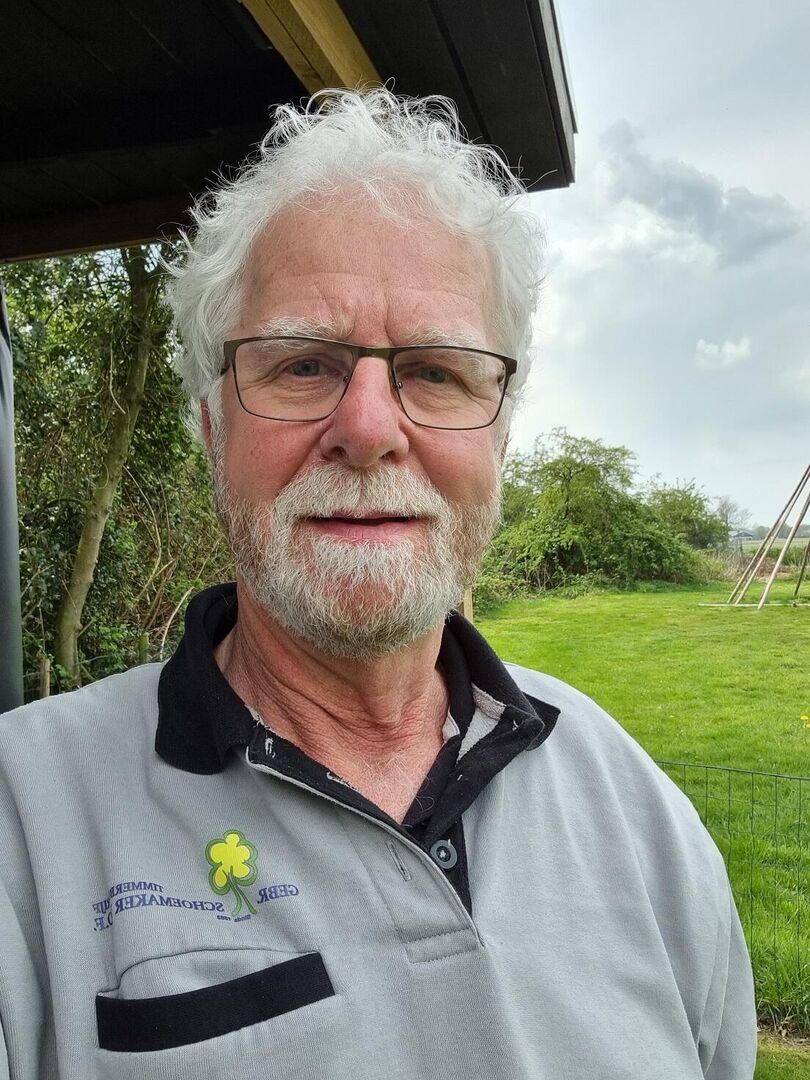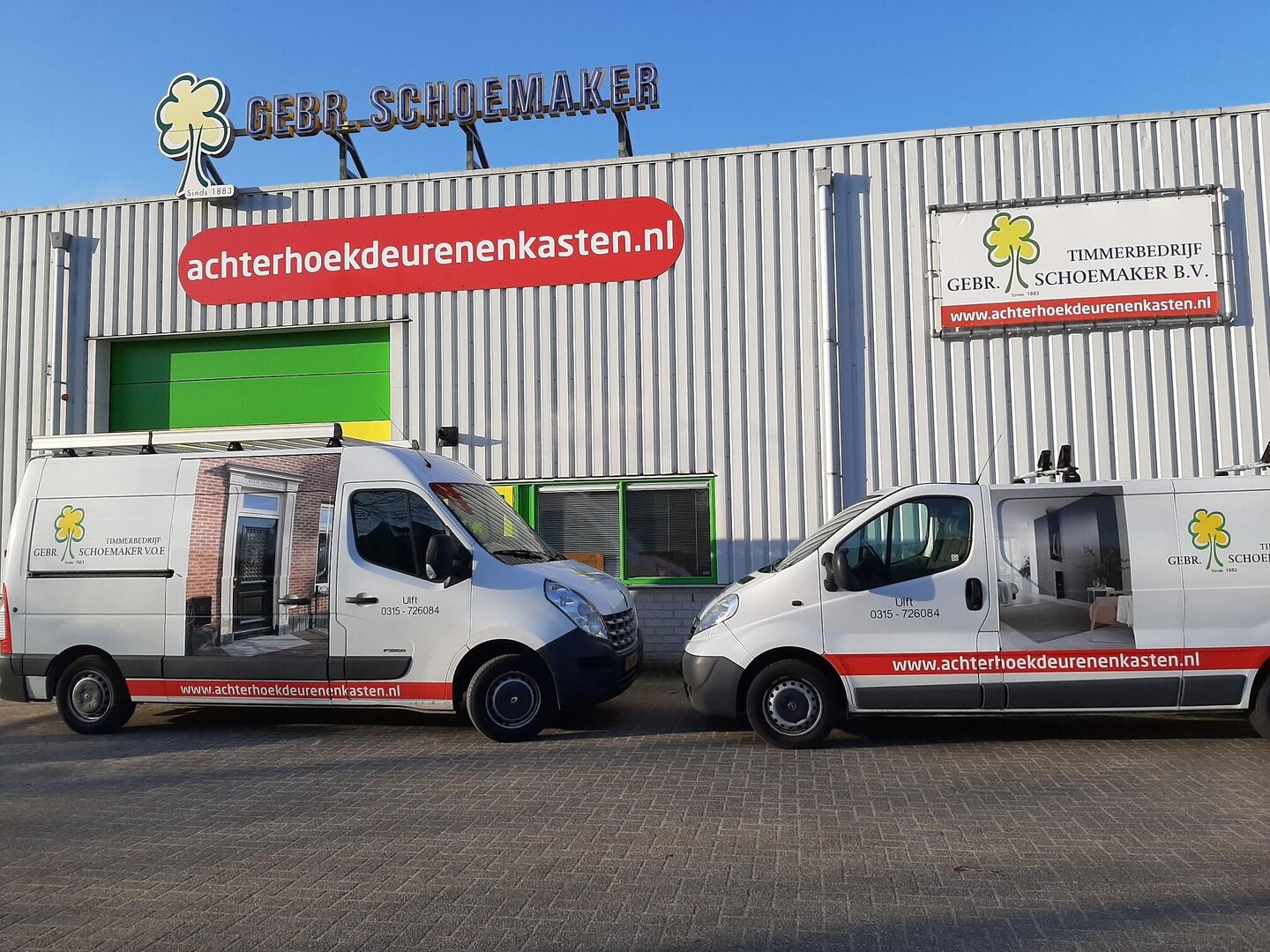

Our special guest: Mr. Gerard Schoemaker – entrepreneur and PUM expert
Every now and then, DECP experts meet with other experts working in the field of advice and support in emerging countries. Quite often, these are entrepreneurs who like to share their knowledge and experience with colleagues in countries far from the Netherlands. Where DECP is mainly active strategically in collaboration with employers' organisations, trade unions and governments, these experts do the work in the SME companies, in a concrete and goal-oriented manner. In that respect, DECP experts and experts like Mr. Schoemaker are complementary. We’d now like to give him the floor.

Gerard Schoemaker: “I am an entrepreneur and employer myself. I therefore share this DNA with SMEs in emerging countries, because doing business is the same on every continent. You have to dare to dream, come up with new ideas and dare to take risks to become successful. Employer organisations can lend a helping hand by creating a favorable business climate”.
Focus on development work and emergency aid
In 1989, after having worked for 12.5 years in the family company, I decided to see the world! My journey took me through 15 countries on 3 continents: Africa, Asia and South America. Since I travelled as budget backpacker, I frequented monasteries and missionaries, offering my assistance in exchange for room and board. By doing this, I met the unprivileged and saw the seamy side of the society. I finished in Calcutta, India, where I spent 3 months as a volunteer in the service of the Missionaries of Charity of Mother Teresa. After 18 months, I arrived back in the Netherlands, resuming my place in Dutch society and in our family company. I was apparently the same person, but something had changed!
Zambia
More than two years later, I went to Zambia for SNV and HIVOS. Meanwhile, I also married my wife Cora. My function in Zambia was general manager, and I was responsible for an income-generating project. In the North-Western province, we employed more than 700 rural small-scale craftsmen/entrepreneurs (SMEs). They were mainly carpenters but there were also lumberjacks, leatherworkers, tanners, blacksmiths, metalworkers, etc. We purchased their locally produced products such as panel doors (in bulk), all kinds of furniture, timber, ox-carts and leather products, including shoes, bags, belts and wallets. Then, we tried to sell these products in the more densely populated urban areas, like the Copperbelt and the capital Lusaka, which had significantly more purchasing power! Thus, we helped develop entrepreneurial awareness amongst the rural craftsmen!
We left our beloved Zambia after three years, not only with unforgettable memories but also with our lovely adopted son Machiel and our sweet daughter Joske. Cora actually flew back to the Netherlands ahead of me for the birth of Joske, who then surprised us by arriving 5 weeks premature. I was still in Zambia when the joyful message arrived!
Developing our own companies
In the years thereafter, we settled down as family in the Achterhoek, a refgion in The Netherlands. Another family expansion happened: our youngest son Fedde arrived! Together with my three brothers, we developed our companies: DIY shops in Ulft and ‘s-Heerenberg and the carpentry workshop. The DIY shops were respectively: PlusKlus, Fixet, Formido and now Praxis. The latter is now just a branch company of the national Praxis chain. We still own the buildings though. And the carpentry workshop is still alive and kicking!

Peru, Bénin, Uganda
But some 10 years after our return from Africa, I was still eager to travel! Occasionally I got a taste of development work via trips to Romania as a donor of wooden houses for the poorest in society. Then in 2010 I heard from PUM, an organisation with volunteer experts. I became a senior consultant in the timber and furniture sector. Many missions to furniture- and wood-producing companies all over the world followed. I was respectively in: Armenia, Peru, Honduras (2x), Kosovo (2x), the Ukraine, Bosnia-Herzegovina, the Philippines (2x), Guatemala, Azerbaijan, Georgia, Albania, South Africa, Benin (5x) and Uganda (4x). The owners of some missions were interested in a follow-up. In that case, I gave them a number of recommendations which would have to be carried out before my second arrival. Occasionally I went back for a third time because together with the entrepreneur we applied for a donation from the Hans Blankert Fund. This fund, created by PUM, enables entrepreneurs to apply for a donation of up to 5000 euros with certain restrictions. It has to be spent on equipment or other key investments. The owner himself is also obliged to “match” the amount of the donation. It is always great to assist a motivated and serious entrepreneur with funding in spite of a lot paperwork. In many cases, banks are not flexible and not accessible for SMEs in developing countries. Due to new management and a new approach, PUM decided in 2017 to phase out certain sectors including my sector: furniture and wood-processing. Fortunately they have classified me under two other sectors: building and retail.
The Philippines
On 8 November 2013, a terrible tsunami called Haiyan destroyed the coasts of several eastern islands of the Philippines. Almost 7000 people died. The Dutch emergency aid organisation ZOA asked me to lead the building of storm-resistant shelters in a suburb of the city Borongan on the island of East-Samar. I designed a model and together with the local workers we constructed about 85 sturdy houses in 3 months. After my departure, they continued building these houses. I understand from ZOA that our houses were sturdy enough to survive despite the tsunamis and hurricanes in recent years!

Colombia, Indonesia
And now I am almost a pensioner. For the last three years I have been working in our family company, a carpentry workshop, established in 1883. We also have a showroom with doors and wardrobes with sliding doors. Since the Covid 19 pandemic has gripped the world, I’ve been coaching entrepreneurs via Teams for PUM. So far, I’ve carried out eight Remote Coaching sessions for entrepreneurs in Colombia (2x), Peru, Indonesia, and Palestine (4x). Four were furniture-producing companies, one a building company, and two were bakeries. All these RC missions must be followed up with face-to-face missions. So far, two are planned: in January 2022 to Palestine to assist the four furniture-producing companies and in March 2022 to Indonesia (Bali), also to a manufacturer of furniture. But now that Covid 19 is returning again, these physical missions might be postponed. Nevertheless, good things come to those who wait.
Gaanderen, The Netherlands, December 2, 2021: Gerard Schoemaker